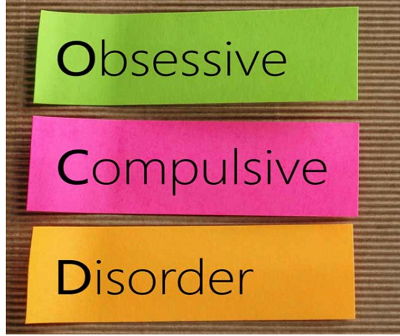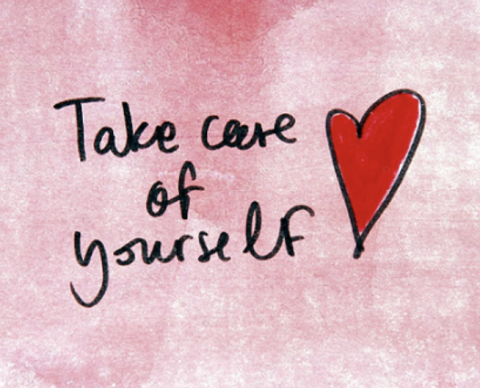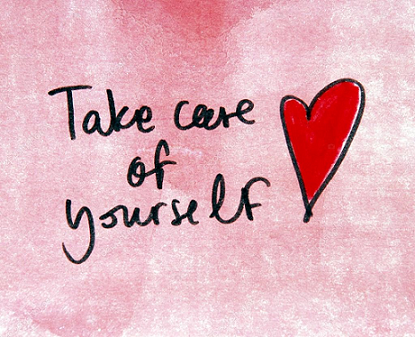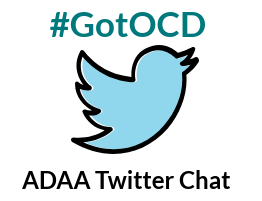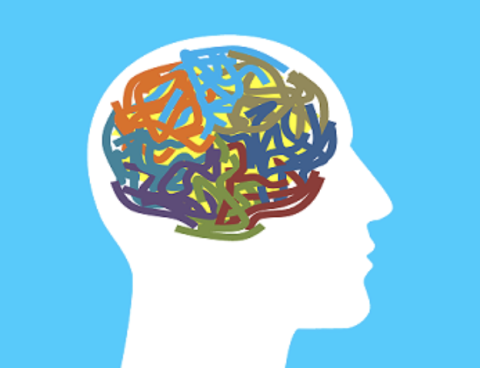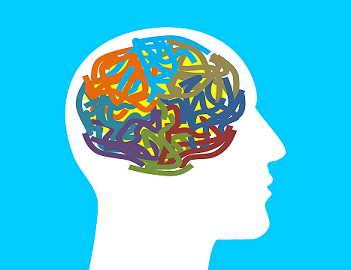ADAA Mental Health Blogs for the Public
Katrina was excited. She, her sister, Maia, and their mother were on the way to the park to play handball. Suddenly, Maia screamed and collapsed on the ground, wailing. “A fly landed on me! A fly landed on me!” Her mother tried to calm Maia down, but with no success. “I’m sorry.” Katrina’s mom said, “We have to go home.” Katrina was crushed; her sister’s fears had ruined yet another family outing.
What comes to your mind when you think of Valentine’s Day? If you suffer from anxiety and worry, then there is a good chance that you are concerned about being disappointed or about disappointing someone. If you do not have a romantic partner then your anxiety might be focusing your worry on never having a partner or never finding a great love. If you are depressed, then you might be experiencing more cynical thoughts about the commercialization of the holiday, the futility of romantic relationships or your own unworthiness for a fulfilling romance.
On February 7, 2019, ADAA held a Twitter chat under the title #GotOCD. ADAA member experts Jonathan Grayson, PhD and Jenny Yip, PsyD, ABPP answered questions on the different types of OCD and treatment. Read the Q&A below:
Family members often feel frustrated and helpless as they do not know what to say or how to behave with their loved one who they may view as not being proactive in trying to get better or being irritable and negative with them.
Congratulations! You’ve graduated from college, landed your first adult job, and have moved across the country away from family and friends to enter the work force. Now what?? While these are all amazing accomplishments that highlight your transition into independence and adulthood, they also are big life changes (especially all at once) that can be very stressful.
Modern life keeps us very busy.
We find ourselves ignoring the fundamentals like our health, family, friends, community etc.
All that neglect causes dysfunction in our lives.
We try desperately to fix the problem after it becomes a significant issue. In other words, we are attempting to reverse the damage once it has already become a disorder.
As a physician, this neglect is something I see among my patients every day.
